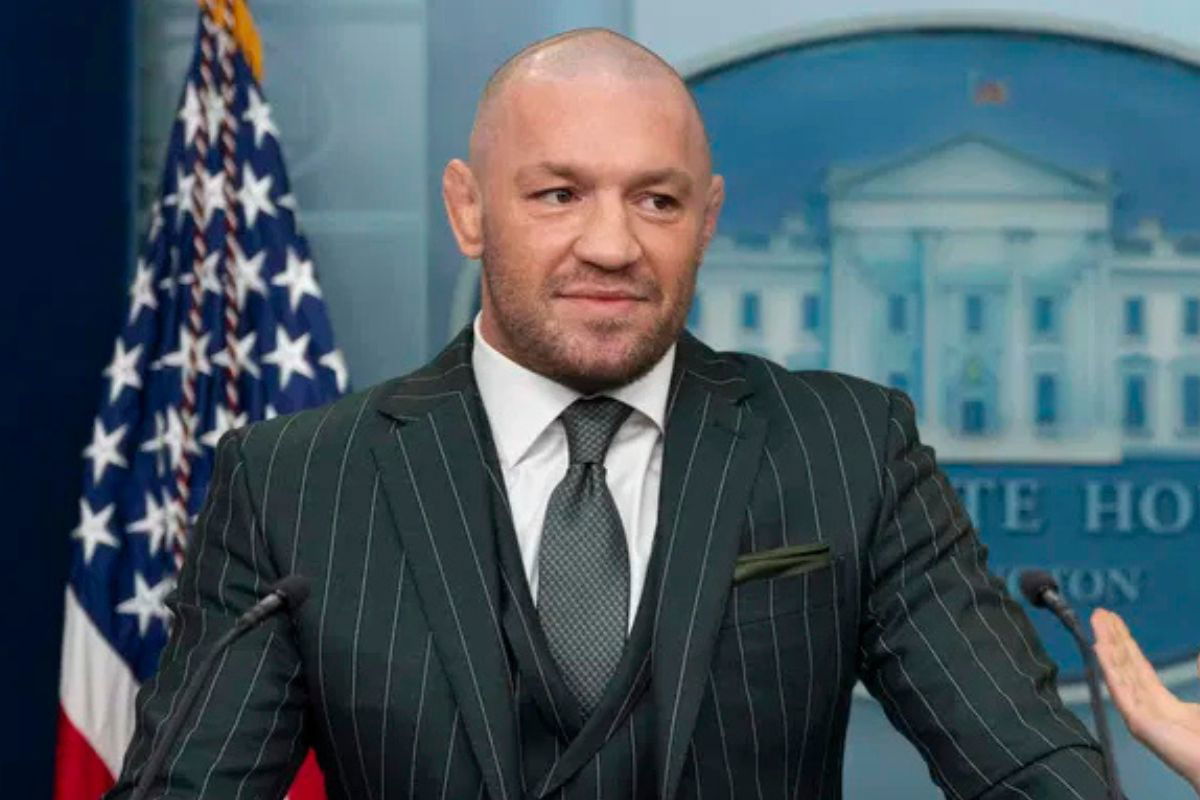

UFC and MMA not only attract fighters and athletes for the recognition and fame they will receive, but also the legacy that they will create. This hunger to prove one’s potential has brought several amazing fighters from Dagestan and one of them is Muslim Salikhov, a veteran MMA fighter born and raised in the ruthless cold mountains of Makhachkala, Russia. He is a sanda virtuoso in the UFC welterweight division, and like his other brothers from Dagestan, he is a tough puzzle to crack.
Watch What’s Trending Now!
Now, with a professional record of 22-5 and fresh off a first-round knockout win over Carlos Leal Miranda at UFC on ABC 9, Salikhov’s legacy continues to grow. He’s set to return against Uros Medic at UFC Vegas 111, but who is the man behind the moniker ‘King of Kung Fu’? Where does he come from, and how do his culture and faith shape his path inside the Octagon?
ADVERTISEMENT
Muslim Salikhov’s Buynaksk Dagestan Roots and Heritage
Born on June 9, 1984, Salikhov is from Russia and is a mixed martial artist and Sanda fighter. The multiple-time Wushu Sanda world champion occupies the position alongside Hossein Ojaghi as one of the two main non-Chinese athletes to have won the Wushu Sanda King’s Cup. He was born in Buynaksk, Dagestan and his ethnicity is Kumyk. He started Wushu Sanda at the Five Directions of the World, in 1995.
ADVERTISEMENT
Known as ‘The King of Kung Fu’, the 41-year-old started learning self-defense as a child because he did not want to get beaten up in the streets of Dagestan. He answered some questions about his life at UFC, and from what he said, the Russian has two higher education degrees and numerous championship trophies!
View this post on Instagram
ADVERTISEMENT
Fighting was always his job, and he is an expert in Muay Thai apart from Sanda. The Dagestani has participated in 200 pro kickboxing tournaments till now and is still going strong.
What is Muslim Salikhov’s Nationality and Faith
ADVERTISEMENT
Salikhov is Russian by nationality, but his identity runs much deeper than the tricolor flag. Raised in Dagestan, a region renowned for its warrior culture and religious devotion, his life has been shaped by both ethnicity and faith.
As his name suggests, Muslim Salikhov practices Islam. His humility, discipline, and composure stem from the same faith that grounds so many Dagestani fighters. Though he keeps his beliefs private, he often references his devotion to God in interviews, emphasizing gratitude, focus, and inner strength as keys to his success. But unlike many of his wrestling-heavy countrymen, Salikhov’s path took a different turn, through the art of Wushu Sanda!
ADVERTISEMENT
Wushu Sanda Background and MMA Career
Muslim Salikhov clinched gold at the eighth World Wushu Championships in Hanoi, Vietnam, which marked his excellence. He subsequently won the WWC in 2007, 2009, 2011 and 2015. Known as ‘Master Mu’ in the Chinese martial arts community, he has etched a unique legacy for himself even before coming into UFC.
He transitioned into MMA in 2011 and signed with M-1 Global in 2013. Salikhov’s move to the UFC in 2017 brought his art to a global audience. Among his most memorable moments is his spinning hook kick knockout of Melvin Guillard, a highlight-reel finish that showcased his mastery of striking. Of his nine UFC victories, 5 have come by way of knockout or technical finish, proof that even in his late 40s, his precision remains deadly.
ADVERTISEMENT
His professional record now stands at 22 wins and 5 losses, and his style remains a striking contrast to the wrestling-heavy approach of most Dagestani fighters. His striking background gave him an edge few opponents could handle. His spinning hook kicks, sharp counters, and impeccable timing made him one of the UFC’s most unpredictable welterweights.
The fighter’s favorite grappling technique is arm triangle and his beloved striking style is a spinning back kick. Salikhov has a fighting style that is mostly on foot and he does not do that well on the ground. As he gears up for his next bout against Uroš Medić at UFC Vegas 111, one question lingers, will the ‘King of Kung Fu’ once again prove that technique can beat the inevitable march of time?
ADVERTISEMENT
ADVERTISEMENT
ADVERTISEMENT
ADVERTISEMENT